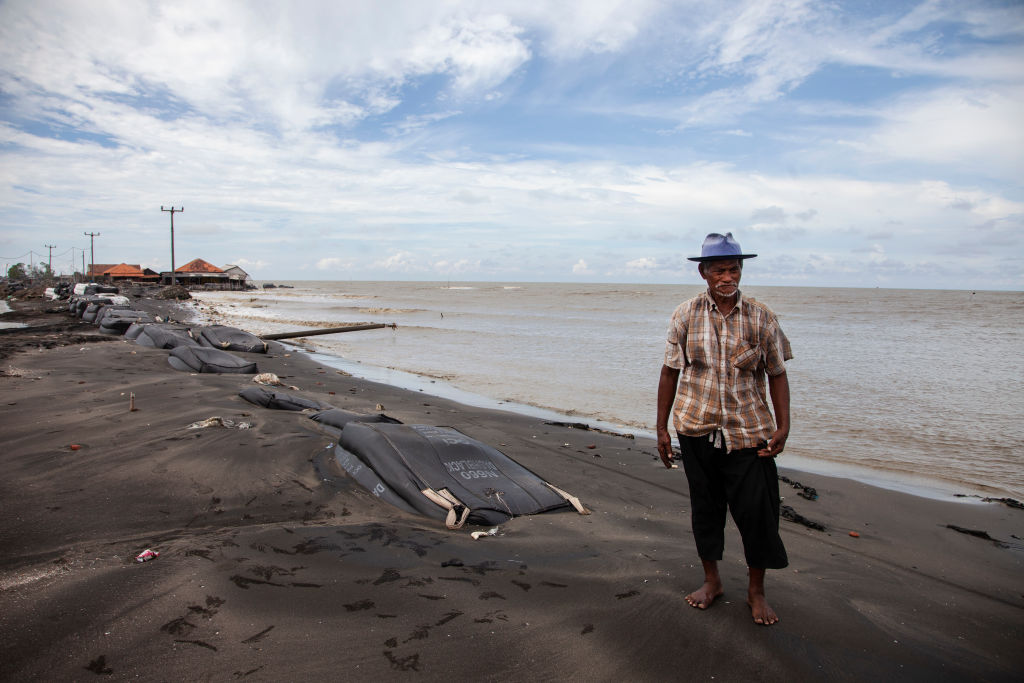The century of climate migration: how rising sea levels will create refugees
The climate crisis is causing sea levels to rise faster than ever, threatening almost a billion people, the UN has warned repeatedly.
China, Bangladesh, India, Egypt, the Netherlands, the United States, Brazil, Australia, New Zealand and Pacific islands, such as Tonga and Fiji, are among the countries most at risk as sea levels rise, according to data content site Visual Capitalist.
In addition to threatened countries, Guterres said, “mega-cities on every continent will face serious effects, including Cairo, Lagos, Maputo, Bangkok, Dhaka, Jakarta, Mumbai, Shanghai, Copenhagen, London, Los Angeles, New York, Buenos Aires and Santiago.”
Guterres (pictured) said sea level rise was a threat-multiplier which, by damaging lives, economies, and infrastructure, had “dramatic implications” for global peace and security.
Moreover, he assured that global competition for fresh water, land and other resources would become even fiercer than it already is.
However, significant sea level rise is already inevitable with current levels of global heating, but the consequences of failing to tackle the problem are “unthinkable”, the UN chief said.
Even if global heating is miraculously limited to 1.5ºC, Guterres said, there will still be a “sizeable” sea level rise.
According to the WMO there will be a 2-3 meter (6-9 ft) rise over the next 2,000 years if heating is limited to 1.5ºC, and 2-6 meter (6-19 ft) if it‘s limited to 2ºC.
Professor Petteri Taalas, WMO secretary general, said: “Sea level rise imposes risks to economies, livelihoods, settlements, health, wellbeing, food and water security and cultural values in the near to long term.”
In 2020, the UN human rights committee ruled that it was unlawful for governments to return people to countries where their lives might be threatened by the climate crisis.
More for you
Top Stories





























